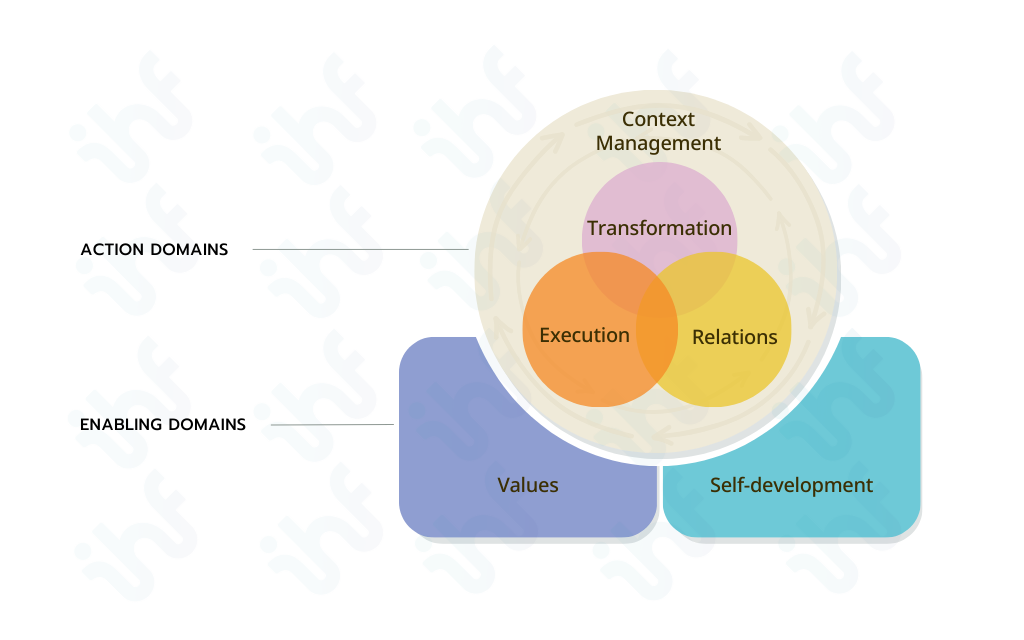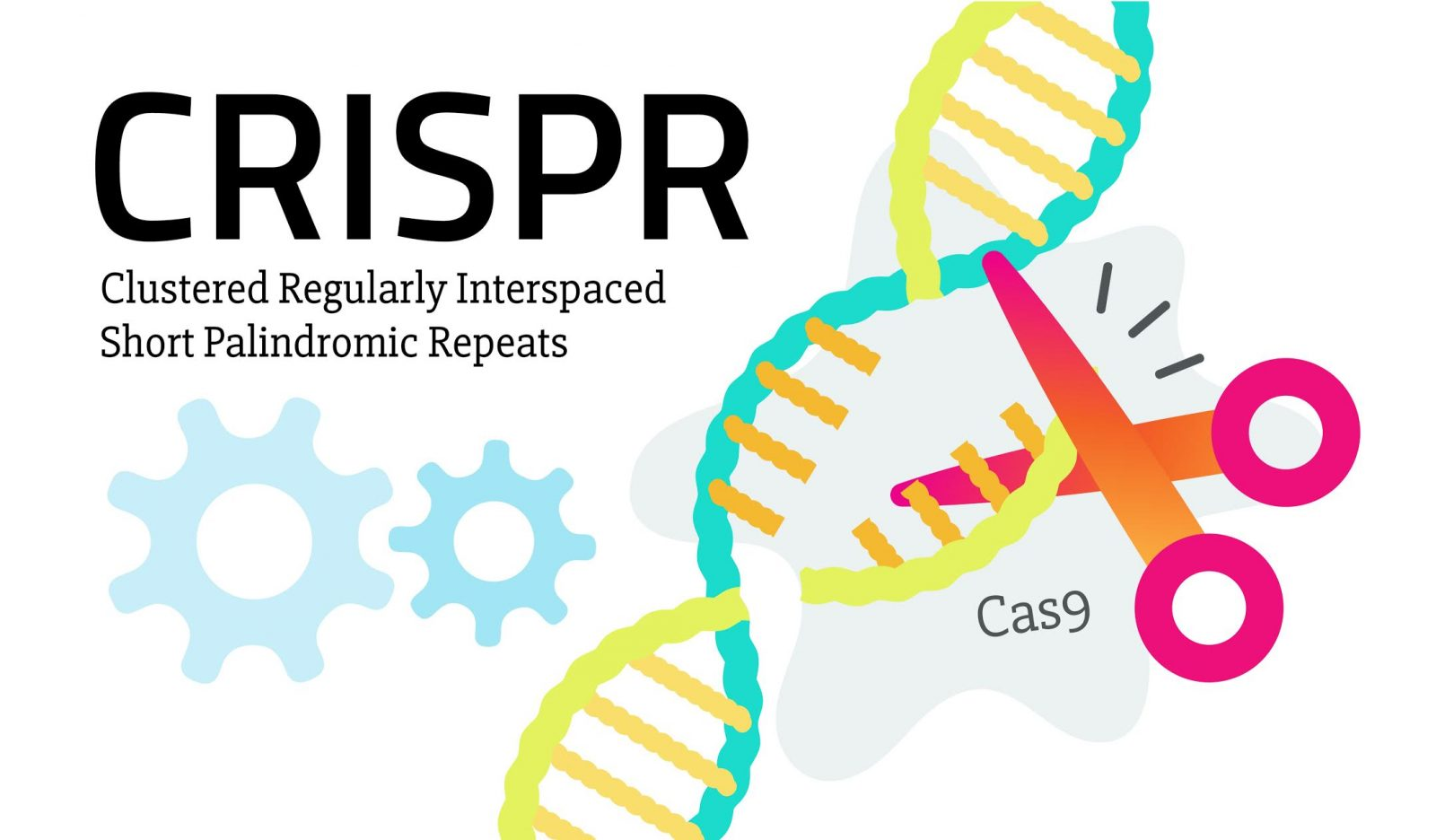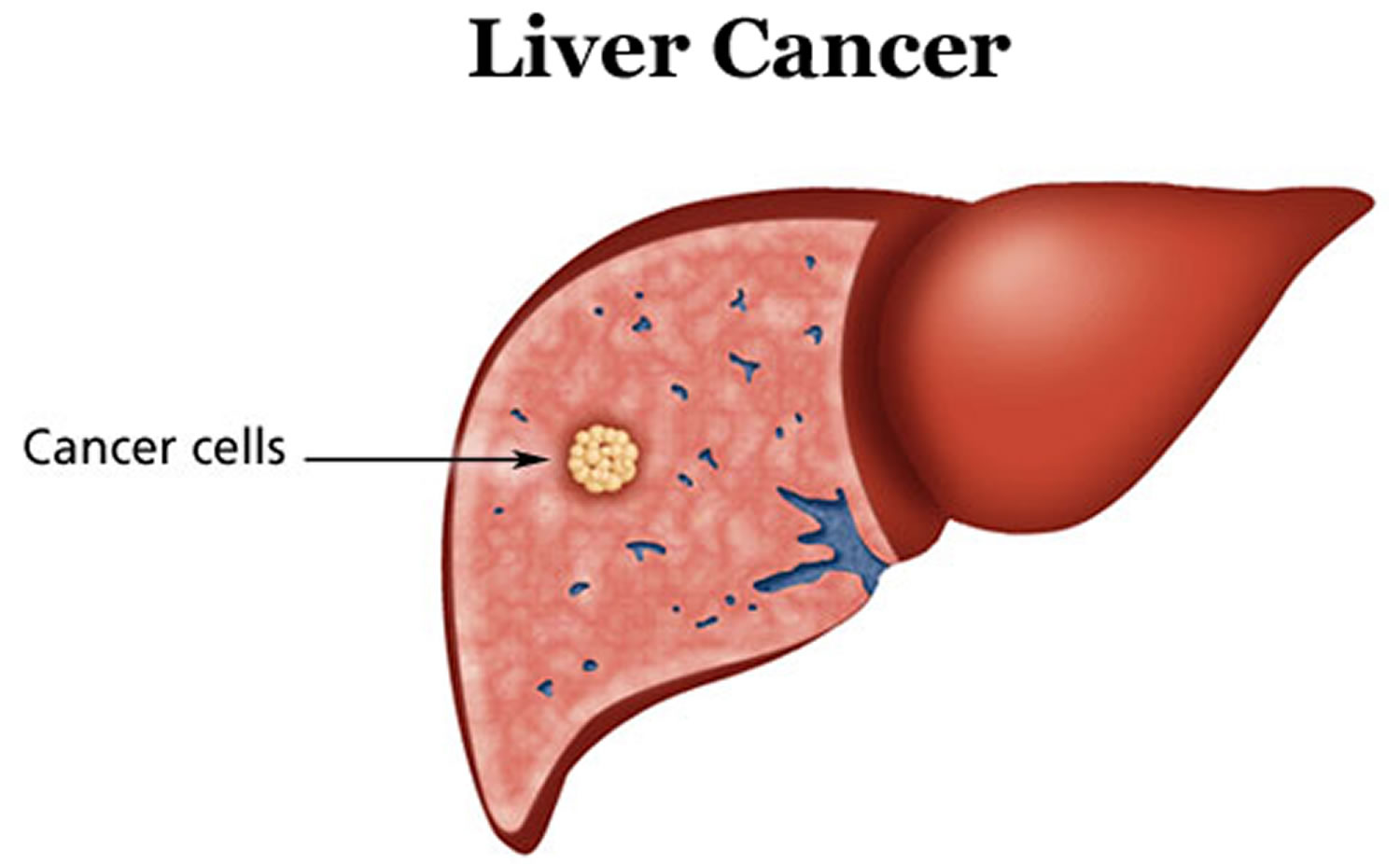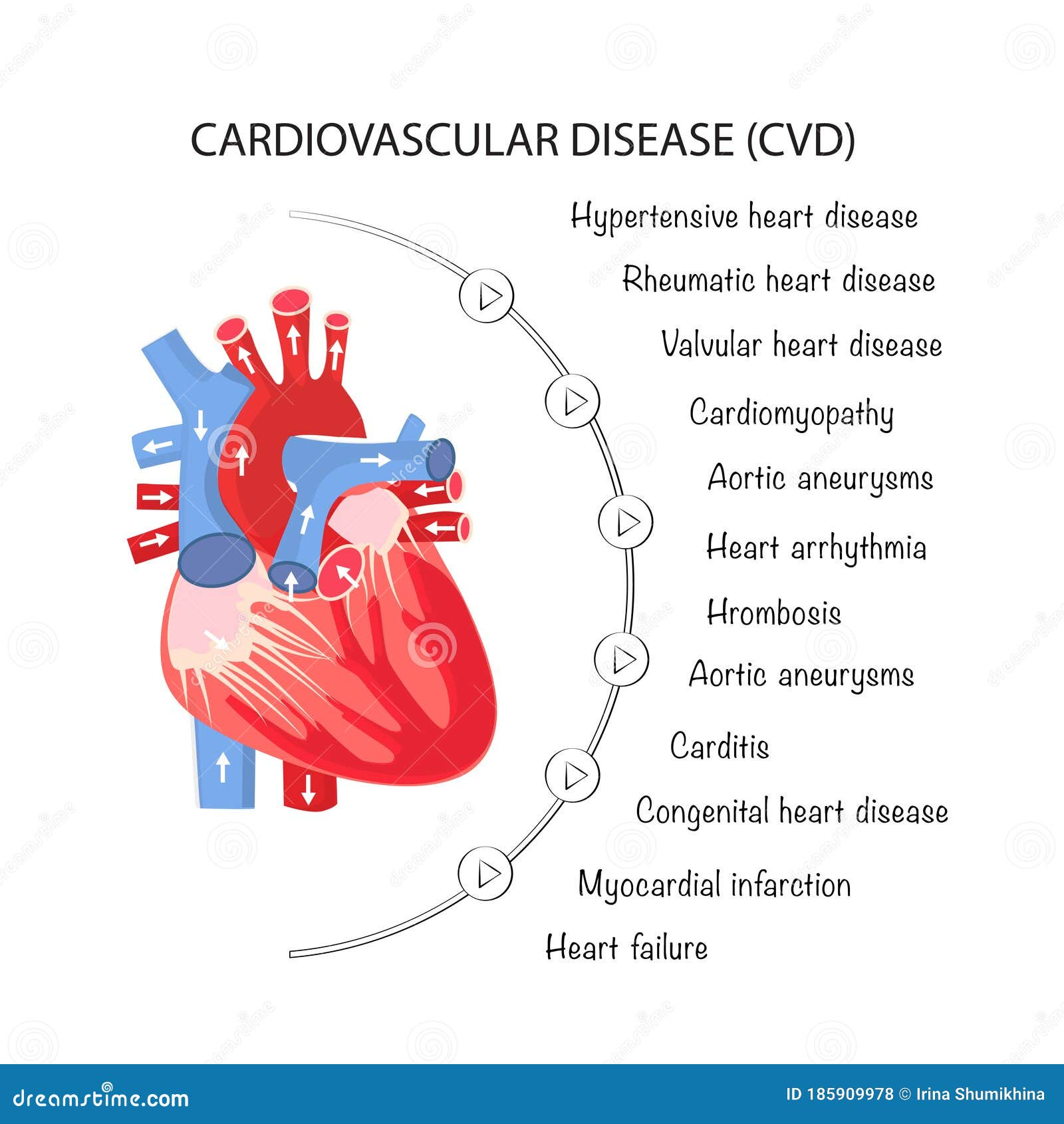Global health leadership is crucial for the advancement of health systems worldwide, and recent discussions led by Atul Gawande highlight the urgent need for restoration in this area. Gawande, a prominent figure in public health and former administrator at USAID, has lamented the damaging effects of funding cuts that have incapacitated vital health programs. The significant reduction in USAID’s capabilities has raised concerns about its longstanding role in strengthening public health infrastructure and addressing global crises effectively. With the ongoing impact of these changes, the importance of global health cannot be overstated, as it directly affects the future of health initiatives worldwide. As we navigate these challenges, it is imperative to advocate for renewed investments and commitment to uphold the standards of health that millions rely upon.
Leadership in international health encompasses not only the strategies employed by organizations like USAID but also the collaboration and innovation required to address pressing health challenges globally. The discourse surrounding these issues has been significantly influenced by the experiences of health leaders such as Atul Gawande, whose insights into the implications of reduced funding for health initiatives serve as a rallying call. As the landscape of public health evolves, understanding the ramifications of infrastructural decay and program cessation has never been more vital. The resilience of health systems hinges on our collective commitment to fostering strong leadership and enhancing partnerships, which remain imperative to overcoming barriers to care. An emphasis on the interconnectedness of global health initiatives underscores the ongoing relevance and necessity of these discussions.
The Impact of USAID Funding Cuts on Global Health Programs
The recent cuts to USAID funding have cast a long shadow over global health initiatives, significantly undermining the robust public health infrastructure that has been constructed over the last several decades. Atul Gawande highlights these stark realities, revealing how the dramatic reduction in resources has put millions of lives at risk. With over 85 percent of USAID programs terminated, the once-vibrant network that tackled infectious diseases, supported maternal health, and responded proactively to health crises is now facing a steep decline. This situation is particularly alarming as it halts critical interventions that have previously shown transformative results in improving health metrics worldwide.
Prior to the funding cuts, USAID played a pivotal role in effective programs that reduced emergency response times to health threats, developed disease surveillance networks, and significantly increased access to lifesaving treatments. Many communities benefited from the allocation of resources that prevented maternal and child deaths and tackled chronic diseases like HIV and tuberculosis. Now, with a compromised public health infrastructure, the losses will be felt for years, as health outcomes regress and vulnerable populations suffer the most. The resilience of these communities depends largely on the restoration of support that once prioritized their well-being.
The Role of Global Health Leadership in Times of Transition
In the face of significant challenges, the role of global health leadership becomes even more critical. Atul Gawande’s tenure at USAID emphasized the importance of strategic guidance and robust intervention mechanisms that work cohesively across nations. As the U.S. steps back from its former stature as a global health leader, it becomes imperative for other nations and entities to rise and fill that void. Investing in strong leaders and collaborative frameworks can ensure that essential health programs continue to operate effectively, even amid funding uncertainties and shifting political landscapes.
Global health leadership is not merely about providing resources; it encompasses a holistic approach where nations work together to address public health challenges. This involves sharing best practices, leveraging local knowledge, and utilizing innovative solutions to tackle emerging health threats. As Gawande notes, the continuity and effectiveness of health programs hinge on the commitment of leaders to foster science and medicine as a foundational element of global development. Engaging emerging leaders from various sectors—whether it be through universities or healthcare initiatives—can create a more agile and responsive health system that effectively meets the needs of populations.
Connecting Global Health Initiatives with Public Support Funding Sources
For global health initiatives to thrive, a reliable source of public support and funding is paramount. The challenges posed by USAID funding cuts have echoed through various sectors, and as Gawande emphasizes, the survival of critical health programs depends not only on government backing but also on the support of philanthropic entities and non-profit organizations. Creating a landscape where diverse funding sources converge can strengthen health programs, allowing them to respond to the ever-evolving health demands globally.
Moreover, advocates must work to raise awareness about the importance of sustained investment in public health. Engaging the community, policymakers, and private sectors can cultivate a more favorable environment for health funding, ensuring that pivotal health initiatives do not diminish. This comprehensive approach helps build a resilient public health infrastructure capable of weathering future challenges, making it clear that without renewed dedication to public support for health, the successes of the past could turn into missed opportunities for the future.
Innovations in Public Health: Learning from Gawande’s Tenure
During Atul Gawande’s time at USAID, innovative thinking transformed health outcomes in numerous countries. By implementing fast-tracked disease surveillance systems and evidence-based strategies, the agency managed to reduce response times significantly during health emergencies. This success story demonstrates the value of investing in scientific research and practical applications for healthcare delivery. Such advancements underline the critical need for sustained innovation in public health as countries face outdated infrastructures and emerging diseases.
However, one of the key elements that Gawande highlighted was the importance of follow-through on these innovations. While programs may introduce effective solutions, ensuring their success requires ongoing commitment and resources to adapt and implement these strategies effectively. This calls for health leaders who not only initiate change but also remain engaged in its execution, making sure that the focus on innovation translates into tangible benefits for populations in need.
The Future of Global Health in the Absence of USAID Support
Reflecting on the future of global health in a landscape with diminished USAID support, Gawande accentuates the shifts that must occur if health outcomes are to be preserved. As America comes to terms with its reduced role as a global health leader, the opportunity arises for other countries to step in and lead. This potential shift in leadership dynamics may foster new alliances and collaborative efforts among nations, shifting the paradigm of how health initiatives are approached.
Importantly, the focus must be on ensuring that essential public health programs continue operational despite adverse conditions. This may mean reimagining how health resources are allocated and finding innovative partners to bridge financial gaps. The engagement of civil society, academic institutions, and international collaborators can propel the global health agenda forward, fostering resilience in health systems that previously depended heavily on U.S. funding.
Community Engagement in Global Health Initiatives
Community engagement is a fundamental cornerstone of successful global health initiatives. Gawande emphasizes the necessity of involving local populations in the planning and implementation of health programs to ensure culturally relevant practices that effectively address the specific health needs of the communities they serve. Empowering community members helps to build trust, enhance the effectiveness of health interventions, and ultimately leads to improved health outcomes.
By fostering inclusive dialogues and incorporating feedback from the community, health leaders can better design programs that resonate with those they aim to help. This participatory approach not only aids in crafting effective solutions but also sparks local ownership, which is crucial for the sustainability of health initiatives. When communities feel their voices are valued, they are more likely to engage in preventive health practices, leading to a healthier population overall.
The Importance of Research in Global Health
Research plays a pivotal role in understanding public health challenges and devising effective responses. Under Gawande’s leadership, USAID underscored the necessity of data-driven approaches to health interventions, recognizing that informed decisions are fundamental to improving health outcomes. Investing in biomedical research, epidemiological studies, and health systems research ensures that strategies are tailored to the realities of the populations served, thus enhancing their effectiveness.
Yet, recent funding freezes threaten this essential research backbone. The implications of halted research can be profound, affecting everything from disease prevention to treatment protocols. To safeguard the future of public health, it becomes imperative that stakeholders at all levels advocate for the resumption and expansion of funding for health-related research, ensuring that groundbreaking discoveries can translate into actionable health solutions for communities worldwide.
Navigating Changes in Public Health Policy
As the landscape of global health continues to evolve, navigating changes in public health policy becomes vital. Atul Gawande’s experiences at USAID reveal the intricacies of policy-making in health and highlight the relationship between political decisions and public health outcomes. Health leaders must be prepared to adjust to shifting policies while advocating for health equity and access for all, even in the face of uncertainty.
Stakeholders—including governmental bodies, NGOs, and community representatives—must engage in continuous dialogue to understand the implications of policy changes on health programs. Building a responsive public health system requires ongoing collaboration and adaptability to ensure that health is prioritized in the face of political fluctuations. This commitment to dialogue will help foster a resilient health infrastructure that can withstand policy shifts and continue to promote global health advancement.
Mobilizing Resources for Health Initiatives
Mobilizing resources for health initiatives has become increasingly essential, particularly in light of cuts to USAID funding. Gawande stresses the importance of diversifying funding sources beyond traditional government support by engaging philanthropic organizations, corporate partners, and community fundraising efforts. A multifaceted approach to funding can mitigate the adverse effects of financial crises on health programs.
As health leaders explore innovative ways to attract resources, they must emphasize the value of investing in human capital and sustainable health practices. Highlighting how health interventions can lead to broader social and economic benefits can unlock new funding opportunities. By framing health initiatives as indispensable investments in community well-being, stakeholders can catalyze increased support from various sectors committed to fostering healthier populations.
Building Resilience in Global Health Responses
In Gawande’s view, building resilience in global health systems is a crucial undertaking as they face funding challenges and political shifts. Resilience is not only about maintaining current health services but also about being prepared for future health emergencies. Effective systems need to be flexible and adaptable, capable of responding swiftly to unforeseen challenges, whether that be a pandemic or natural disaster.
Strategies to enhance resilience must include investing in capacity building, training health professionals, and improving infrastructure. Additionally, fostering partnerships among countries can create robust networks of support that will allow for shared resources and expertise. As nations learn from each other’s experiences, they can implement better strategies that guarantee a more resilient global health response.
Frequently Asked Questions
What is the impact of USAID funding cuts on global health leadership?
The cuts to USAID funding have severely weakened global health leadership by dismantling essential programs that support health infrastructure worldwide. Underfunded initiatives that once facilitated rapid response to outbreaks, such as Ebola and bird flu, have led to increased risks for vulnerable populations. Atul Gawande emphasizes that the decline in funding jeopardizes not only health programs but also the scientific expertise needed for effective global health leadership.
How has Atul Gawande’s experience influenced his views on global health leadership?
As a former head of USAID’s Bureau for Global Health, Atul Gawande’s experiences have shaped his understanding of the crucial role of strong public health infrastructures. His advocacy highlights the importance of sustained investment in health programs that save lives and emphasize the need for global health leadership to adapt and respond to emerging health challenges.
Why is the restoration of USAID important for global health programs?
Restoring USAID is vital for revitalizing global health programs that have suffered due to funding cuts. Gawande notes that despite the challenges, it remains possible to rebuild the existing public health infrastructure and retain talent. The expertise and networks developed through USAID are essential in continuing to combat diseases and improving health outcomes globally.
What role do federal programs play in supporting global health leadership?
Federal programs are foundational for supporting global health leadership through funding and partnerships with international organizations, universities, and medical institutions. These programs enable the development and distribution of crucial health interventions. Gawande argues that maintaining and enhancing these programs is key to achieving effective global health outcomes.
How do cuts in health funding affect public health infrastructure in the U.S. and abroad?
Cuts in health funding undermine public health infrastructure, reducing the capacity to monitor, prevent, and respond to health crises. According to Gawande, the loss of USAID programs has resulted in devastating outcomes for millions, as essential health services and support mechanisms are dismantled, leaving communities vulnerable to health threats.
What is the future of global health leadership amid funding challenges?
Despite the current funding challenges, Atul Gawande remains optimistic about the future of global health leadership. He believes that while U.S. leadership in global health may diminish, other countries and decentralized leaders will rise to fill the void. The commitment of health professionals and advocates will remain critical in navigating these challenges and enhancing global health systems.
How does technical assistance from USAID contribute to improving vaccination rates globally?
Technical assistance from USAID significantly improves vaccination rates by providing support that moves coverage from 60% to 90%. Gawande emphasizes that successful global health leadership involves not only implementing solutions but also ensuring follow-through and sustained efforts to enhance public health outcomes, such as increased immunization coverage.
What should future leaders in global health focus on to ensure effectiveness?
Future leaders in global health should focus on rebuilding public health infrastructure, advocating for sustainable funding, and fostering international partnerships. As Gawande suggests, resilience is crucial, and emphasizing science and evidence-based practices will help navigate the complexities of global health and its leadership.
| Key Point | Details |
|---|---|
| Global Health Leadership Impact | Atul Gawande highlights the detrimental impact of the USAID budget cuts and staff terminations on global health initiatives. |
| Warning on USAID’s Future | Gawande states that USAID cannot return to its former state, signaling a shift in global health leadership. |
| Scientific Research Funding Issues | Federal funding freezes have endangered vital health research at institutions like NIH and CDC. |
| Success Stories of USAID | Despite budget constraints, USAID effectively managed to reduce response time for disease outbreaks and substantially improve maternal and child health. |
| Call to Action for Students | Gawande urges the next generation in global health to remain resilient and committed, emphasizing their expertise will be crucial. |
Summary
Global health leadership is at a critical juncture, as highlighted by Atul Gawande’s recent statements regarding USAID’s struggles. The dismantling of vital programs has led to significant setbacks, yet Gawande maintains a hopeful outlook for the future of global health. He emphasizes the importance of scientific research and the need for commitment from emerging leaders in the field. As the U.S. navigates uncertainties in its role, it remains essential for individuals and institutions to advocate for and contribute to global health initiatives.




